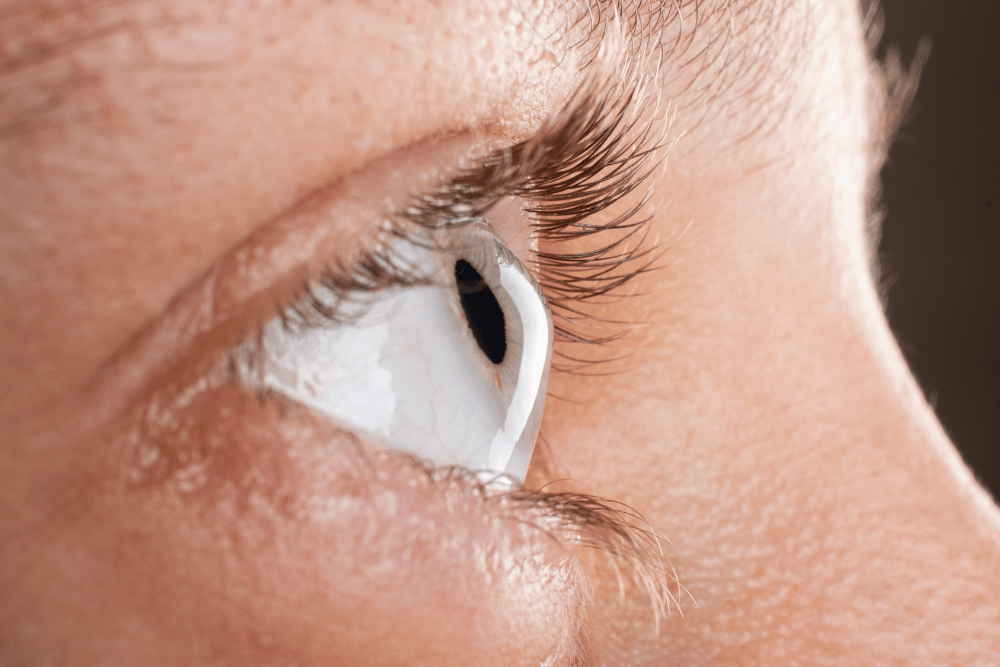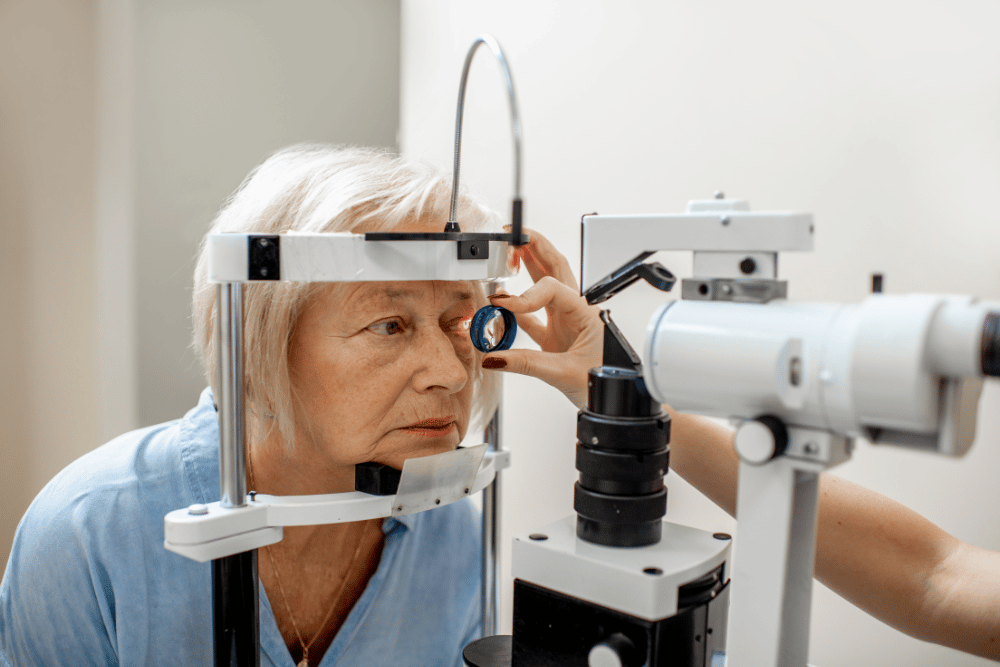Keratoconus is a condition that affects the cornea, the clear front surface of the eye, causing it to thin and bulge into a cone-like shape. This irregular shape can affect how light enters your eye, causing blurry or distorted vision. This progressive disorder can lead to significant vision problems if not properly managed.
At Lawrenceville Family Eye Care in Lawrenceville, Georgia, we provide specialized care for keratoconus to ensure early detection and effective treatment. Let’s take a look at how keratoconus can affect your vision and what you can do about it.
Challenges of living with keratoconus
Living with keratoconus comes with its challenges. You might notice:
- Blurry vision: Your vision can become blurry, making it hard to do everyday tasks like reading or driving.
- Frequent prescription changes: You might need new glasses or contact lenses more often as your vision changes rapidly.
- Increased sensitivity to light: Some people with keratoconus find bright lights uncomfortable or irritating.
Risk factors for keratoconus
While the exact cause of keratoconus isn’t fully understood, a few factors might increase your risk:
- Genetics: It tends to run in families, so if someone in your family has keratoconus, you might be more likely to get it too.
- Eye rubbing: Constantly rubbing your eyes, especially if you have allergies, can contribute to the development of keratoconus.
- Certain conditions: Conditions like hay fever or asthma might be linked to keratoconus.
Can keratoconus lead to blindness?
A common concern is whether keratoconus can make you go blind. The good news is that it’s very unlikely to cause total blindness. But if it’s not managed properly, it can seriously affect your sight. The key is catching it early and getting the right treatment.
How we can help at Lawrenceville Family Eye Care
At Lawrenceville Family Eyecare, we can diagnose keratoconus during your comprehensive eye exam and recommend treatment to manage the symptoms. Depending on how advanced your keratoconus is, we may suggest special contact lenses like rigid gas permeable (RGP) lenses or scleral lenses. These can give you clearer vision by smoothing out the irregular shape of your cornea. Another treatment is corneal cross-linking (CXL), which is a gentle procedure that strengthens your cornea to stop keratoconus from getting worse. It involves using vitamin B2 drops and UV light to stabilize the cornea.
In more severe cases, where other treatments haven’t worked, we might consider a corneal transplant. This surgery replaces your damaged cornea with a healthy one from a donor.
If you’re concerned about keratoconus or want to learn more about how to keep your eyes healthy, reach out to us at Lawrenceville Family Eye Care. We’re here to answer your questions, provide expert care, and make sure you’re seeing the world as clearly as possible.





